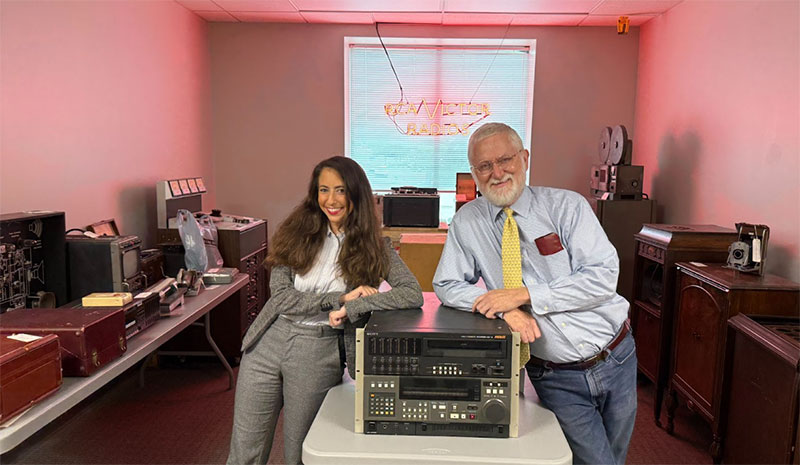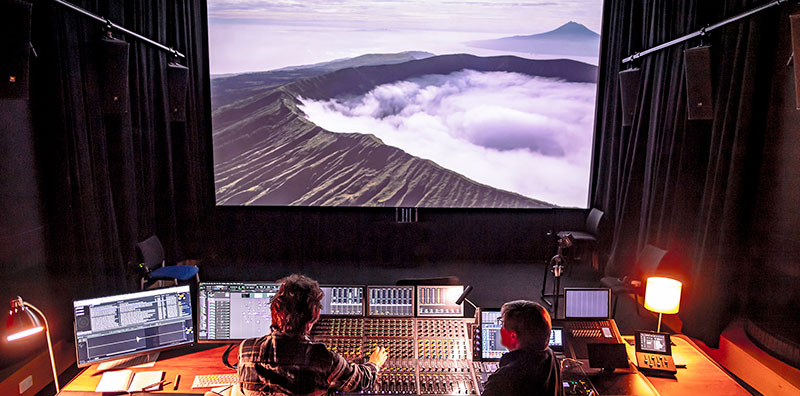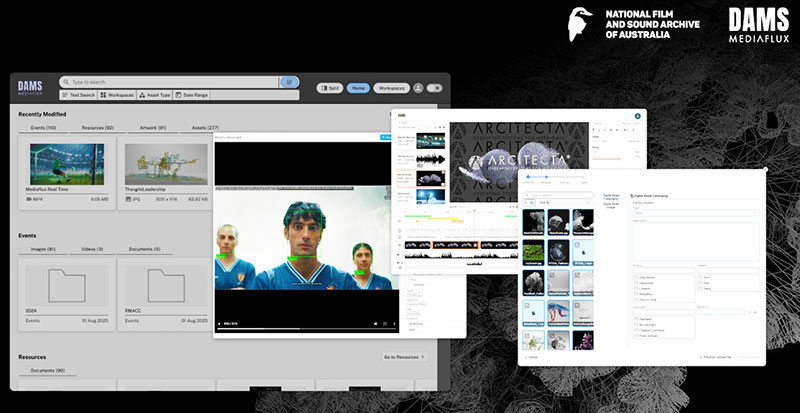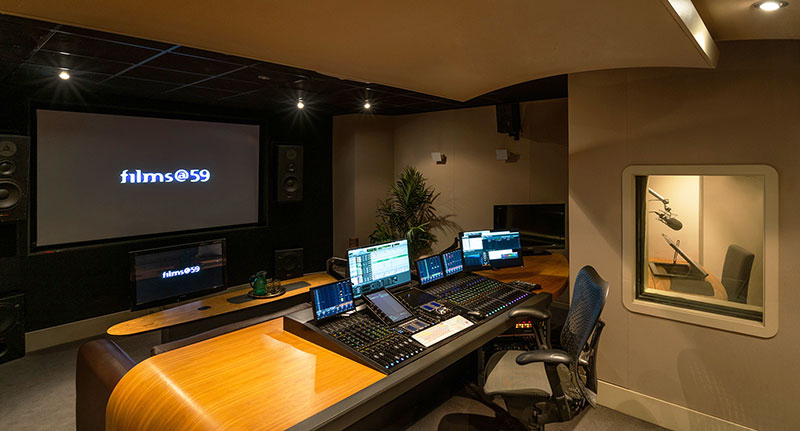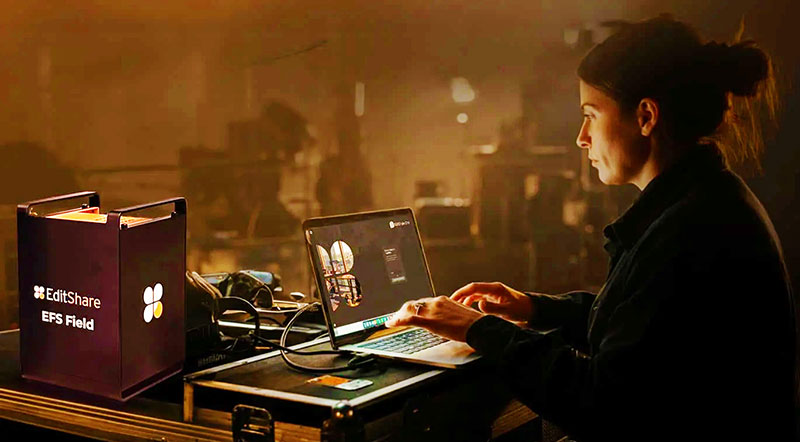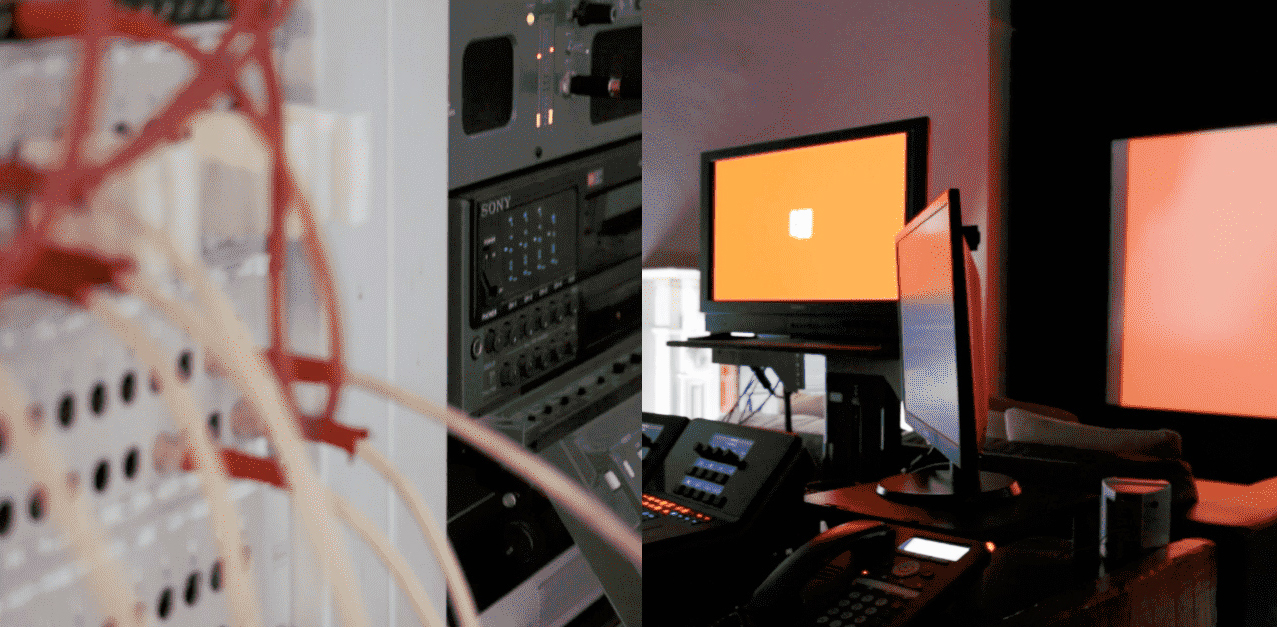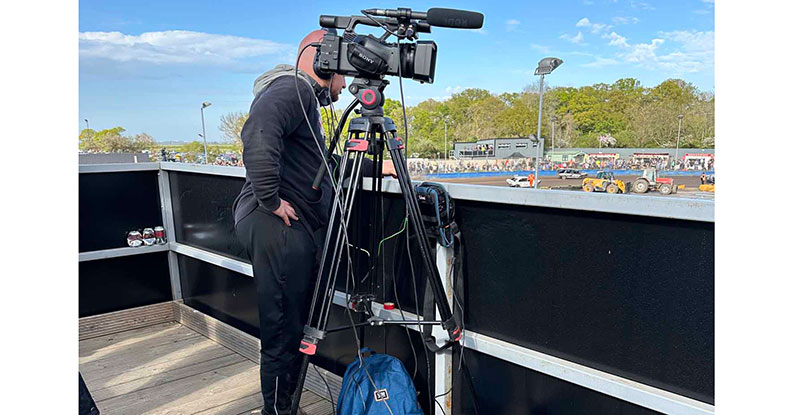CEO David Friend talks about Wasabi’s acquisition of Curio AI to develop AI-powered video storage helping users automatically index, store, search and find exactly the content they need.

Wasabi Technologies cloud storage company has acquired Curio AI from GrayMeta, Inc, an acquisition that includes both the intellectual property and the development team behind Curio. GrayMeta CEO Aaron Edell will join Wasabi as Senior Vice President of AI and Machine Learning. Wasabi will incorporate the Curio AI technology into a new class of AI-powered intelligent storage for the Media and Entertainment industry, which the company plans to release in Spring 2024.
Curio AI creates a second-by-second index of video stored in Wasabi. David Friend, chief executive officer, Wasabi Technologies said, “A video archive without detailed metadata is like a library without a card catalogue, and this is what makes AI so useful. AI can find faces, logos, objects and even specific voices. Without it, finding exactly the segments you are looking for requires tedious and time-consuming manual effort.”
The Video Storage Opportunity
David notes that the acquisition of Curio AI makes it possible for Wasabi to completely change how users store and access media. Hundreds of exabytes of video archives exist on ageing tape systems, and many more exabytes are generated every year through the production of films and television content, sports events, news, advertising and corporate communications. Many hours of raw footage and outtakes, with various potential uses, have also been stored.
Consequently, the need to store and effectively organise video has become one of the biggest opportunities for development in the storage industry. Without searchable metadata, it’s extremely time consuming and inefficient for producers to find the video segments they need at any given moment.
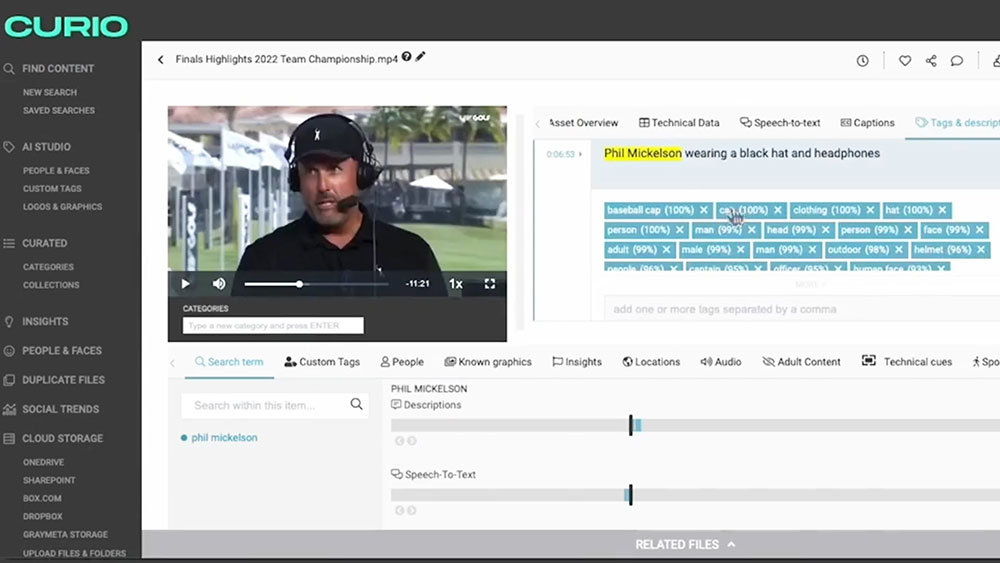
Curio AI is an intelligent data platform that uses AI to generate rich metadata for media libraries, storing detailed information about files to help users understand what they contain and how they should be managed. Equally important, editors and producers can instantly search and retrieve specific media segments based on people, places, events, emotions, logos, landmarks, background audio and other features.
Customer experiences can become more personalised with highly specific detail, allowing organisations to deliver relevant content to market as fast as possible. Curio AI can also detect and transcribe speech in over 50 spoken languages.
Metadata–Storage Integration
Digital Media World asked David Friend about events leading up to the acquisition, and how it would affect customers. “The advantage of being a company with a singular focus is that we can lead the industry in terms of price, performance, reliability and innovation. With the acquisition of Curio AI, we are now set to introduce the industry’s first AI-powered intelligent storage,” David said.
“We have been working with Curio for three or four years already. It has become clear over that time that object storage needs detailed metadata in order to be useful, which is why we began acquisition discussions with Curio. Our view is that metadata creation should be an integral part of storing data, not a separate process that needs further integration in order to be useful.”

David Friend, Chief Executive Officer at Wasabi
Users aren’t required to devote time to deciding what metadata may or may not be relevant at some point in the future. Curio is designed to be efficient, with a focus on ease-of-use and simplicity. Metadata takes up very little storage space, so that the cost of preserving a comprehensive range of information is negligible, especially since Wasabi does not charge for egress, API calls or other fees.
Automatic Indexing
“Like Wasabi’s standard cloud storage, our Curio AI-powered storage will be simple, fast, reliable and inexpensive not only for storing data but also locating and retrieving it. Largely automated, uploading and storing video in Curio AI will be exactly the same as storing data in standard Wasabi storage. The difference is that the data will be automatically indexed, and the user will have access to that index via the Curio API or the Curio app,” said David.
He took care to note that the Curio app is not a media asset management system, but simply serves as a basic query interface that allows the user to quickly find search results on a video timeline. “The experience is similar to the Google Search capability,” he said.
Common Vision
Graymeta’s former CEO Aaron Edell is now taking the role of Senior Vice President of AI and Machine Learning at Wasabi, where the Curio development team will also be working. David said, “Aaron Edell and I share a common vision of how machine learning can transform the object storage market and make AI indexing an integral part of cloud storage.

“His engineering team has that rare combination of deep technical chops and a sense of what our target market needs in terms of functionality. Our customers will always be asking for more and more sophisticated and flexible capabilities. For example, can our AI discern the sound of a baseball hitting a bat, or the sound of a basketball hitting the net? Can we read text located on a shiny surface like a polished floor or the bumper of a shiny car? Can we distinguish between the voices of two announcers?
“Without the technical team to rapidly evolve the capabilities of our AI, we would quickly fall behind competitors. But, by focusing 100% of our attention on our key markets of sports, media and entertainment, we can stay ahead of competitors like Amazon that are servicing a much broader range of use cases.” wasabi.com




